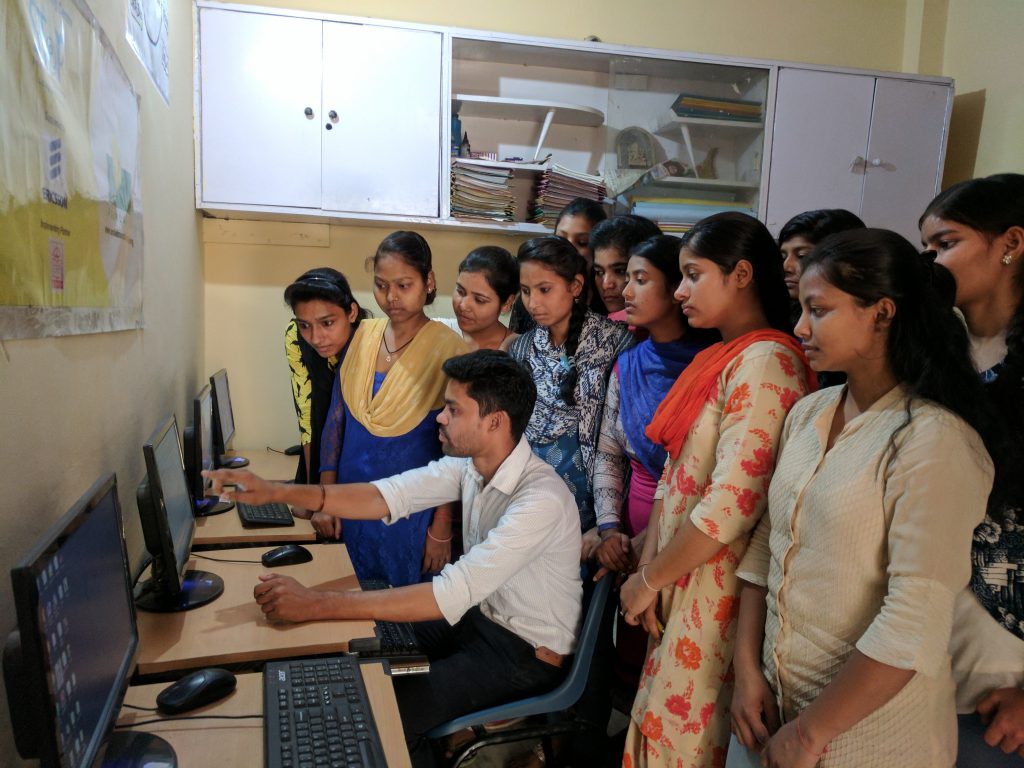In the workplace, perceptions of men’s role in gender equality to advocate for the rights of female colleagues diverge between genders, according to a survey from an American association. While male executives perceived themselves as active allies, with 77% describing themselves or their male colleagues as advocates for gender equality, only 45% of female executives shared this view. Similarly, while nearly half of men believe male employees regularly act as allies for women, only 28% of women agree. These disparities extend to observations of workplace behavior, with significant gaps in perceptions regarding men crediting women for their ideas (71% of men versus 40% of women) and advocating for women’s advancement, even in their absence (44% of men versus 13% of women).
The study also sheds light on prevalent microaggressions experienced by women in the workplace, including being interrupted more frequently in meetings and facing doubts about their expertise. Such behavior’s contribute to the invisibility of women’s work, manifested in instances where their contributions are not recognized or are appropriated by others. Despite these challenges, fostering allyship is deemed important for advancing gender equity. The findings underscore the need for heightened education, awareness, and proactive addressing of devaluing behaviors to effect meaningful change in workplace dynamics and promote genuine gender equality.
What does true allyship constitute of?
The gender equality movement, traditionally led by women, serves as a vocal platform addressing disparities in education, the workplace, politics, and broader societal spheres. Aimed at advocating for equal rights and opportunities, this movement is underpinned by extensive data revealing pervasive gender gaps across various sectors. To redress these imbalances and foster a level playing field, the inclusion of men in this discourse is imperative. Given that a majority of leadership positions in both government and corporations are occupied by men, effecting meaningful change necessitates their active involvement. While women continue to champion their rights, enlisting men as allies represents a crucial stride toward genuine progress.
For men to serve as effective advocates for women’s rights and equality, acknowledging and understanding their own privileges is paramount. Strategic efforts to integrate men into gender equity discussions can yield tangible results, including heightened female representation in key leadership roles within companies. Despite advancements, significant challenges persist on the path to comprehensive gender equity.
Breaking the bad system
Central to men’s engagement as allies is the recognition of their privilege and an understanding of intersectional dynamics. This awareness extends to recognising biases embedded within societal norms, such as the ‘prove-it-again bias’ highlighted by Ruchika Tulshyan. Men, particularly those of white ethnicity, often benefit from inherent privileges, including greater representation in leadership positions and reduced scrutiny. However, acknowledging privilege does not diminish personal struggles- instead, it fosters empathy and drives meaningful allyship. By leveraging their privilege to amplify the voices of women and challenge systemic inequalities, men can actively contribute to societal transformation.
Not only workplaces
Men’s involvement in gender equity conversations extends beyond workplace dynamics to societal norms and cultural perceptions. By challenging traditional stereotypes and promoting inclusivity, men pave the way for a more equitable future. As allies, their advocacy serves as a catalyst for change, accelerating progress towards gender parity across diverse sectors. In embracing their role as agents of change, men contribute to the creation of a fairer, more just society where individuals of all genders can thrive.
Moreover, the active participation of men in dismantling deeply ingrained gender biases fosters a more inclusive society. By embodying behaviors that challenge traditional norms and expectations, they lay the groundwork for a future characterized by inclusiveness and parity. When men are welcomed into gender equity conversations, the transformative impact on culture becomes even more pronounced, expediting the pace of change.
Men’s role in gender equality
An integral aspect of men’s role as allies lies in using their platform to elevate the perspectives of women. In a society where men’s voices are often given more weight and recognition, their advocacy can draw attention to gender disparities among other men that might otherwise go unnoticed. Men who actively listen to and uplift the experiences of women and perspectives create a broader understanding of the issues at hand and foster an environment conducive to change. Additionally, by recognizing and addressing so-called ‘normal’ behaviors that present invisible barriers for women, men can contribute to dismantling systemic inequalities.
Numerous organizations have come to recognize the profound benefits of involving men in these dialogues. This inclusive approach not only enables men to grasp the issues with empathy and insight, but it also strategically appeals to those who might be resistant to change, presenting the arguments through a voice that can be better heard by other men.
The path toward true gender equality needs the cultivation of inclusive spaces where individuals of all genders can flourish. Through their active engagement as allies, men play a pivotal role in nurturing environments that champion D&I, thereby affording women enhanced opportunities to participate and excel across diverse fields. This commitment extends to advocating for policies and practices that propel gender equality forward, resulting in the emergence of workplaces, educational institutions, and communities where each individual can contribute their unique talents and skills free from the shackles of discrimination. Additionally, men can be allies not only in the professional but also in the domestic areas of life (example, through a fairer distribution of domestic work).
Setting the gender stereotypes straight and what’s Smile doing about it?
Furthermore, men’s active role in dismantling deeply ingrained gender stereotypes accelerates progress toward a more equitable society. By embodying behaviours that challenge traditional norms and expectations, they lay the groundwork for a future characterised by inclusiveness and parity. When men are welcomed into gender equity conversations like in our women empowerment program Swabhiman, the transformative impact on culture becomes even more pronounced, expediting the pace of change.
As we contemplate the future, it becomes abundantly clear that the concerted efforts of men as allies are indispensable in eradicating the invisible barriers that have hindered gender equality progress for far too long. The importance of recognizing their privilege, amplifying the voices of women, and creating spaces that transcend gender biases cannot be overstated. Thus, men’s role in gender equality must continue in this collective fight against gender inequality, fully cognizant of the vital role they play in shaping a more just and equitable world for all individuals, regardless of their gender.









